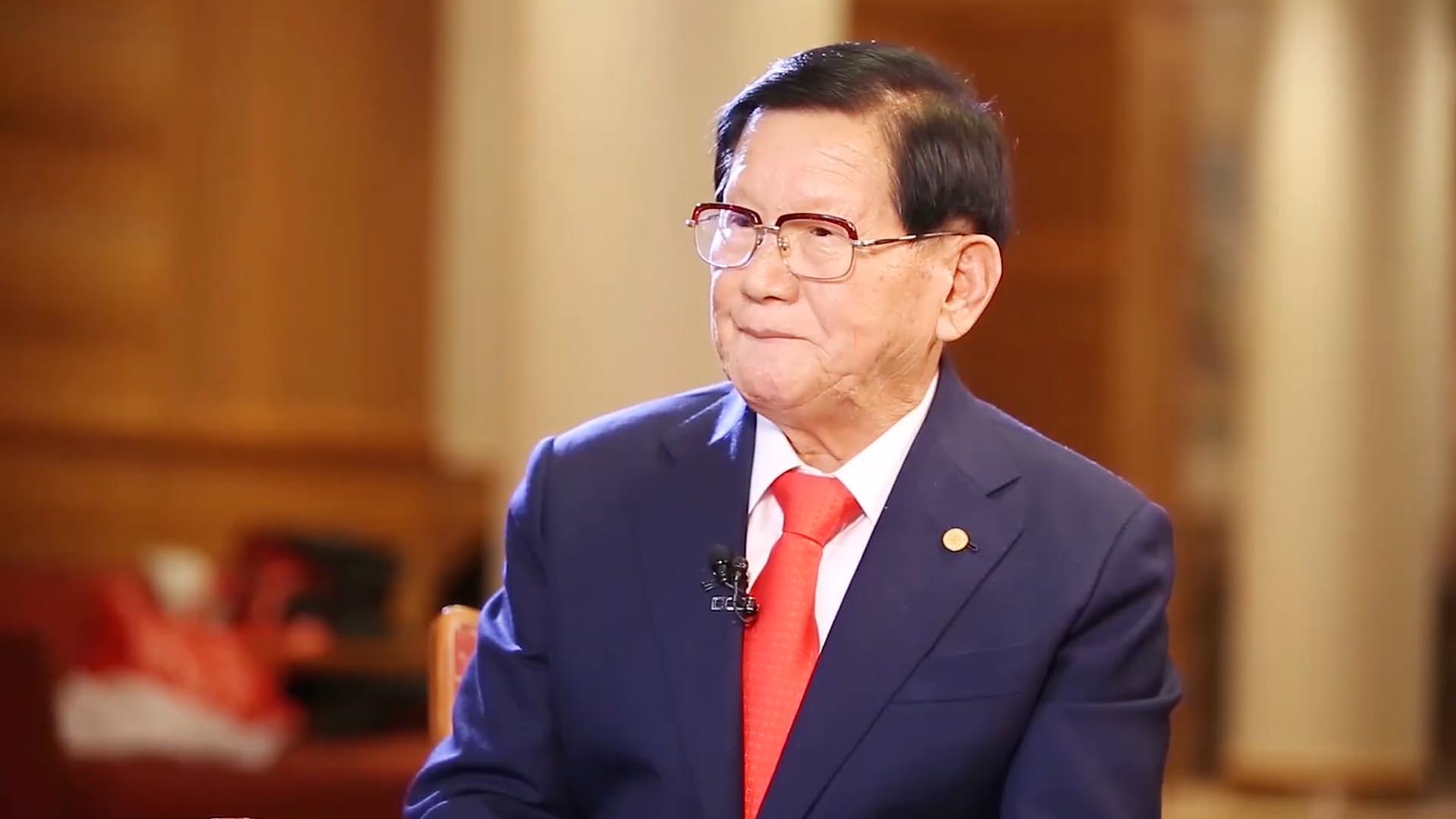A culture of peace is being fostered in Mindanao, Philippines, a land that has been blood-stained by a 40-year conflict. The civilian group-led peace agreement that was signed on 24 January 2014 is being implemented and is raising awareness for peace among the residents. This agreement largely contributed to creating an atmosphere of peace for a peace agreement between the government of the Philippines and the Moro people.
HWPL and Peace in Mindanao
Heavenly Culture, World Peace, Restoration of Light (HWPL, Chairman Lee Man-hee) has held various events and activities in the Philippines since June 2013, including bringing relief for the slums, holding conversations with religious leaders for interfaith harmony, and establishing a youth network for peace. Amid these efforts, Chairman Lee Man-hee was invited to Mindanao by H.E. Antonio J. Ledesma, Archbishop of Archdiocese of Cagayan de Oro.
At the time, Mindanao was a battleground of bullets. It was not an easy decision for Chairman Lee Man-hee, an 84-year-old man, to enter into a conflict zone that could potentially take his life. However, Chairman Lee thought, “I cannot deny this request when I was asked to come for peace as a peace activist,” and transcended national borders, ethnicities, and religions to travel to this region.
Chairman Lee realized the Mindanao conflict was a Catholic-Islam Religious conflict and hosted the first peace walk festival on 24 January 2014 in Mindanao, General Santos, Philippines. Over 1,000 people, including believers from both religions, students from the Mindanao State University, and members of the International Peace Youth Group, participated. After the peace walk, Chairman Lee spoke about the necessity of peace to Catholic and Muslim leaders, youth groups, and university professors at a hotel in General Santos.
Chairman Lee criticized the religious leaders that gave rise to this long-time conflict brought with words and religion and emphasized that “God’s will is peace, not war.” He then asked the attendees, “Do you want peace or do you want war,” and had them raise their hand if they wanted peace. When all the attendees raised their hand, Chairman Lee called the Catholic and Islamic representatives to the stage while saying, “Then sign the peace agreement.”
H.E. Fernado Robles Capalla, D.D, Archbishop Emeritus of Archdiocese of Davao, and Esmael G. Mangudadatu, Governor of Maguindanao, signed an agreement for the creation of peace and the cessation of war as the representatives of Catholicism and Islam, respectively, during the spontaneous peace agreement signing ceremony.
The Mindanao peace agreement that was mediated by HWPL proposed a “civiliancentered awareness improvement and action”- based approach to peace. In line with this approach, HWPL began peace activities across the Philippines, including Mindanao, to raise public peace awareness on the universal peace principles of mutual understanding, respect, and harmony. HWPL is also carrying out peace initiatives centered around civil society, including education, religion, youth, and women, in order to eliminate the factors that are sources of conflict and also to strengthen the core values for peaceful development.








